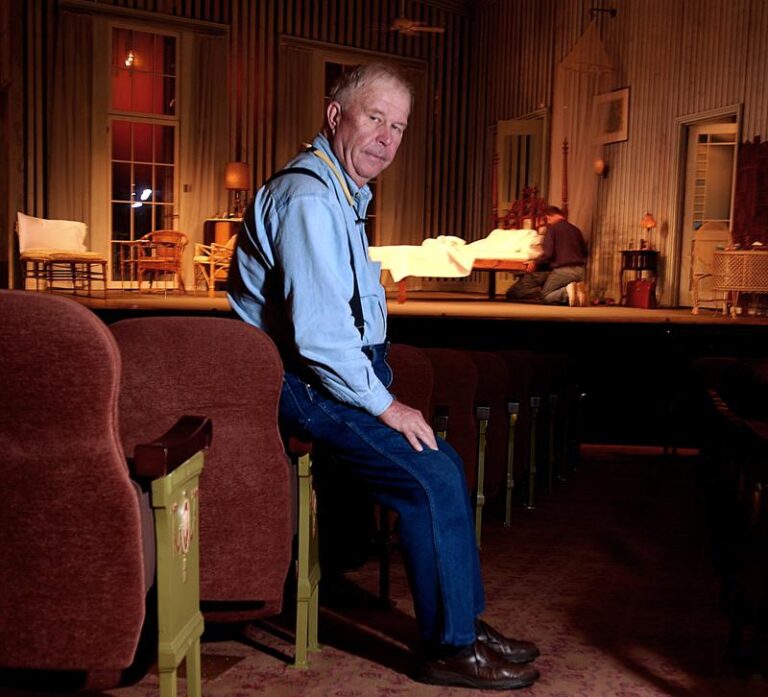
(AP) — Ned Beatty, the Oscar-nominated character actor who in half a century of American movies, including “Deliverance,” “Network” and “Superman,” was a booming, indelible presence in even the smallest parts, has died. He was 83.
Beatty’s manager, Deborah Miller, said Beatty died Sunday of natural causes at his home in Los Angeles surrounded by friends and loved ones.
After years in regional theater, Beatty was cast in 1972′s “Deliverance” as Bobby Trippe, the happy-go-lucky member of a male river-boating party terrorized by backwoods thugs in “Deliverance.” The scene in which Trippe is brutalized and forced to “squeal like a pig” became the most memorable in the movie and established Beatty as an actor whose name moviegoers may not have known but whose face they always recognized.
“For people like me, there’s a lot of ‘I know you! I know you! What have I seen you in?’” Beatty remarked without rancor in 1992.
Beatty received only one Oscar nomination, as supporting actor for his role as corporate executive Arthur Jensen in 1976′s “Network,” but he contributed to some of the most popular movies of his time and worked constantly, his credits including more than 150 movies and TV shows.
Beatty’s appearance in “Network,” scripted by Paddy Chayefsky an directed by Sidney Lumet, was brief but titanic. His three-minute monologue ranks among the greatest in movies. Jensen summons anchorman Howard Beale (Peter Finch) to a long, dimly lit boardroom for a come-to-Jesus about the elemental powers of media.
“You have meddled with the primal forces of nature, Mr. Beale, and I won’t have it!” Beatty shouts from across the boardroom before explaining that there is no America, no democracy. “There is only IBM and ITT and AT&T and DuPont, Dow, Union Carbide, and Exxon. Those are the nations of the world today.”
He was equally memorable as Otis, the idiot henchman of villainous Lex Luthor in the first two Christopher Reeve “Superman” movies and as the racist sheriff in “White Lightning.” Other films included “All The President’s Men,” “The Front Page,” “Nashville,” and “The Big Easy.” In a 1977 interview, he had explained why he preferred being a supporting actor.
“Stars never want to throw the audience a curveball, but my great joy is throwing curveballs,” he told The New York Times. “Being a star cuts down on your effectiveness as an actor because you become an identifiable part of a product and somewhat predictable. You have to mind your P’s and Q’s and nurture your fans. But I like to surprise the audience, to do the unexpected.”





